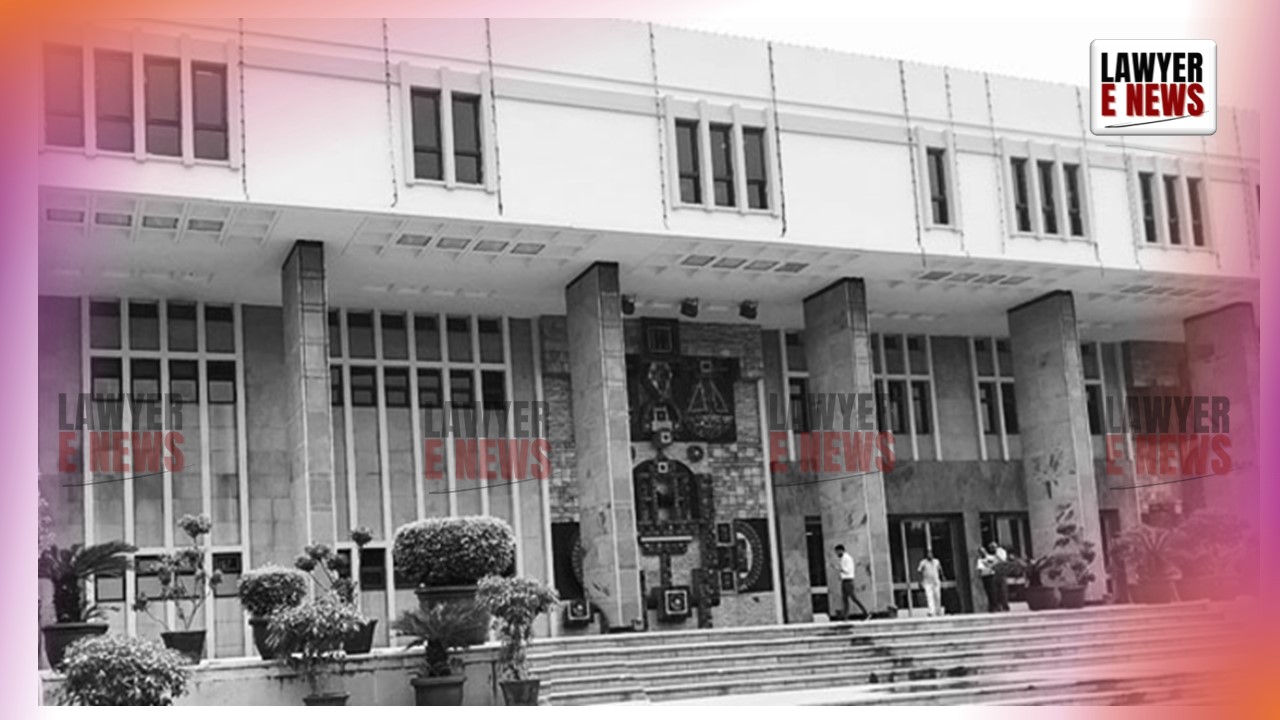-
by Admin
18 February 2026 3:03 AM



"The agreement was executed in 2021. Leave to defend has been filed in 2024. There is no communication in the interregnum to show that the defendant wanted to discount or denude the 2021 agreement", In a judgment passed by Delhi High Court rejected the defendant’s application seeking leave to defend in a commercial summary suit under Order XXXVII CPC, holding that the defence lacked bona fides and failed to raise any triable issue.
Justice Anish Dayal of the High Court observed that the claim of coercion in signing a Memorandum of Understanding (MoU) in 2021, raised for the first time in 2024, was an "afterthought" unsupported by any material.
"There was no skew of power, influence or heft which would completely prevent the defendant from raising the issue of coercion and undue influence, either by filing a criminal complaint or by seeking cancellation of the MoU," the Court said.
The dispute stemmed from logistics services rendered by the plaintiff company, for which it claimed it made payments on behalf of the defendant. In response, the defendant executed a MoU dated 2nd February 2021, acknowledging a debt of ₹2.5 crores. The plaintiff later initiated a suit for recovery of ₹4.7 crores, inclusive of additional claims and interest.
Plea of Coercion Unsustainable, Says Court; Notes Silence and Continued Payments Post MoU
Dismissing the claim of coercion, the Court remarked that it was not raised for over three years after the execution of the agreement, and despite the alleged revocation of the MoU, the defendant continued making payments.
"The consistent and voluntary part payments made even after the alleged revocation belie any assertion of coercion," the Court noted, adding that these included ₹40 lakhs paid subsequent to the claimed withdrawal from the agreement.
The Court also took note of the defendant's failure to take any legal steps during this entire period.
"The allegation that the agreement was executed under threats of criminal complaints is not only belated but also unsubstantiated. Being established commercial entities, there was no scope of plaintiff to dominate the will of the defendant," the Court observed.
High Court Reiterates Principles from B.L. Kashyap Judgment on Summary Suits
Referring to the Supreme Court's ruling in B.L. Kashyap & Sons Ltd. v. JMS Steels & Power Corporation [(2022) 3 SCC 294], the Court reaffirmed that leave to defend must only be granted where the defendant shows a substantial defence or raises a genuine triable issue.
"Denying leave is the norm when the defence is found to be frivolous or vexatious. The case at hand does not pass the threshold for granting leave under Order XXXVII Rule 3(5) CPC," the Court held.
Finding that the defendant's case failed to meet the minimum requirement of disclosing a plausible defence, the Court declined to grant leave and dismissed the application.
Date of Decision: April 9, 2025
